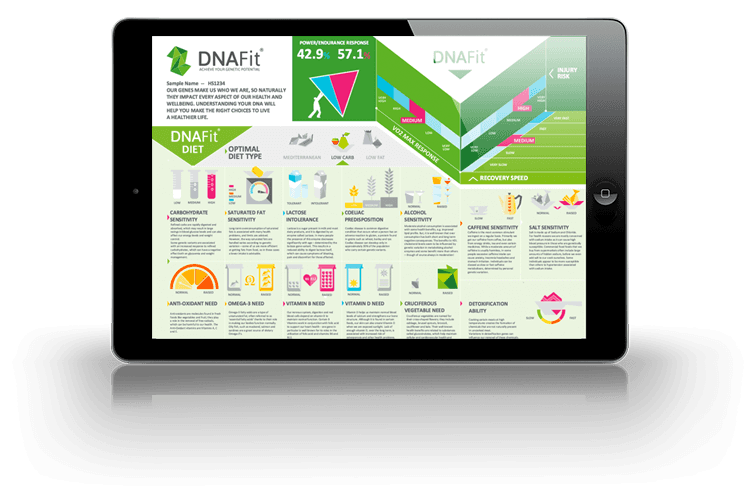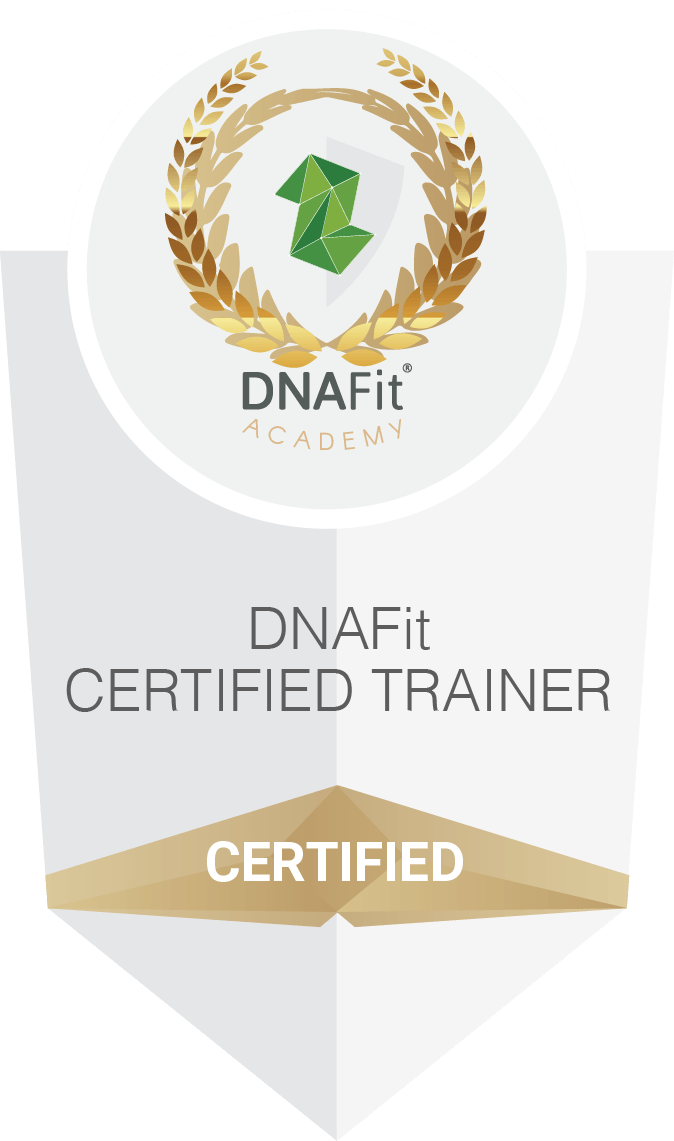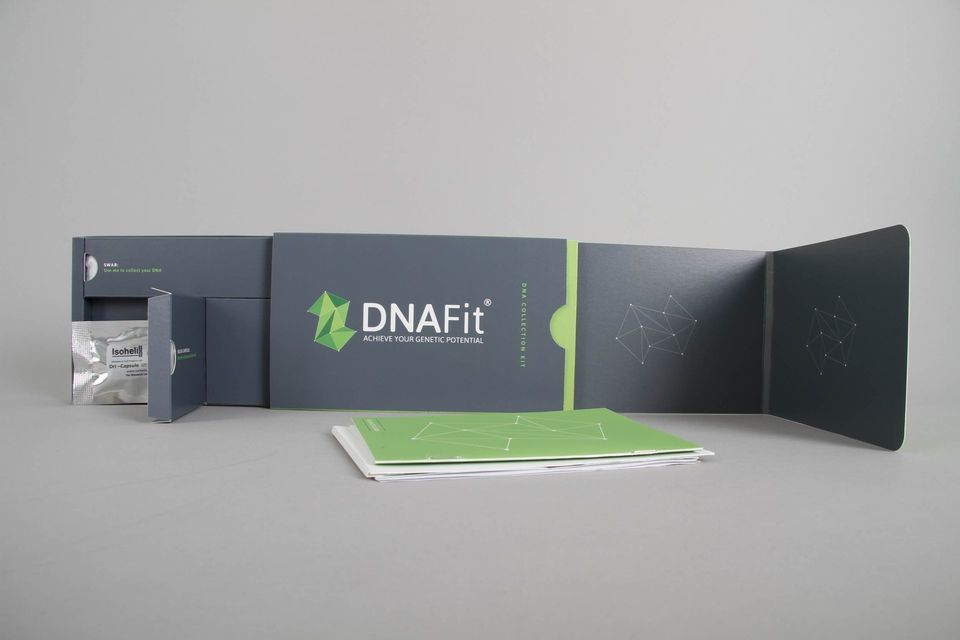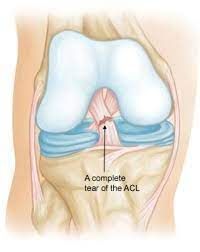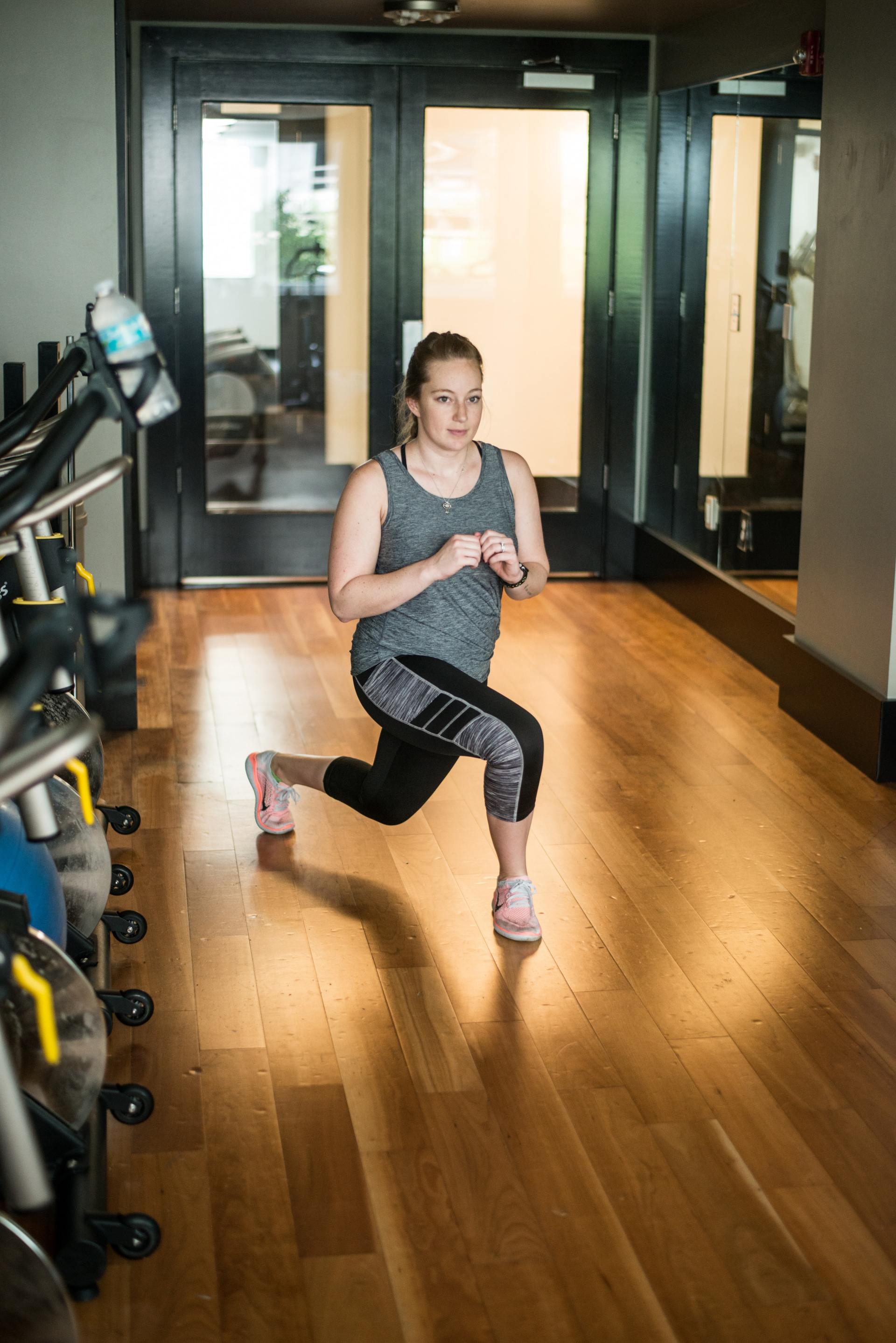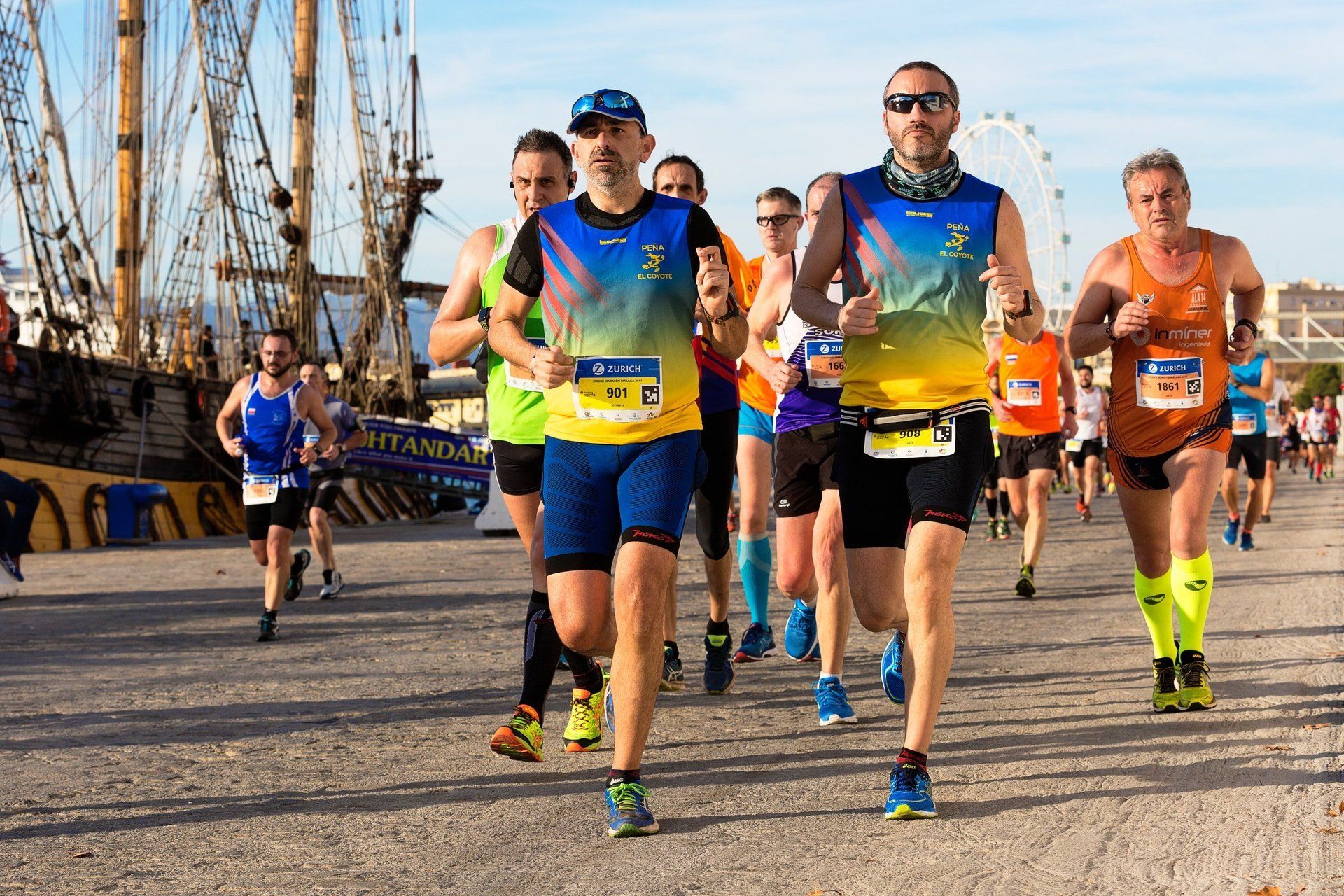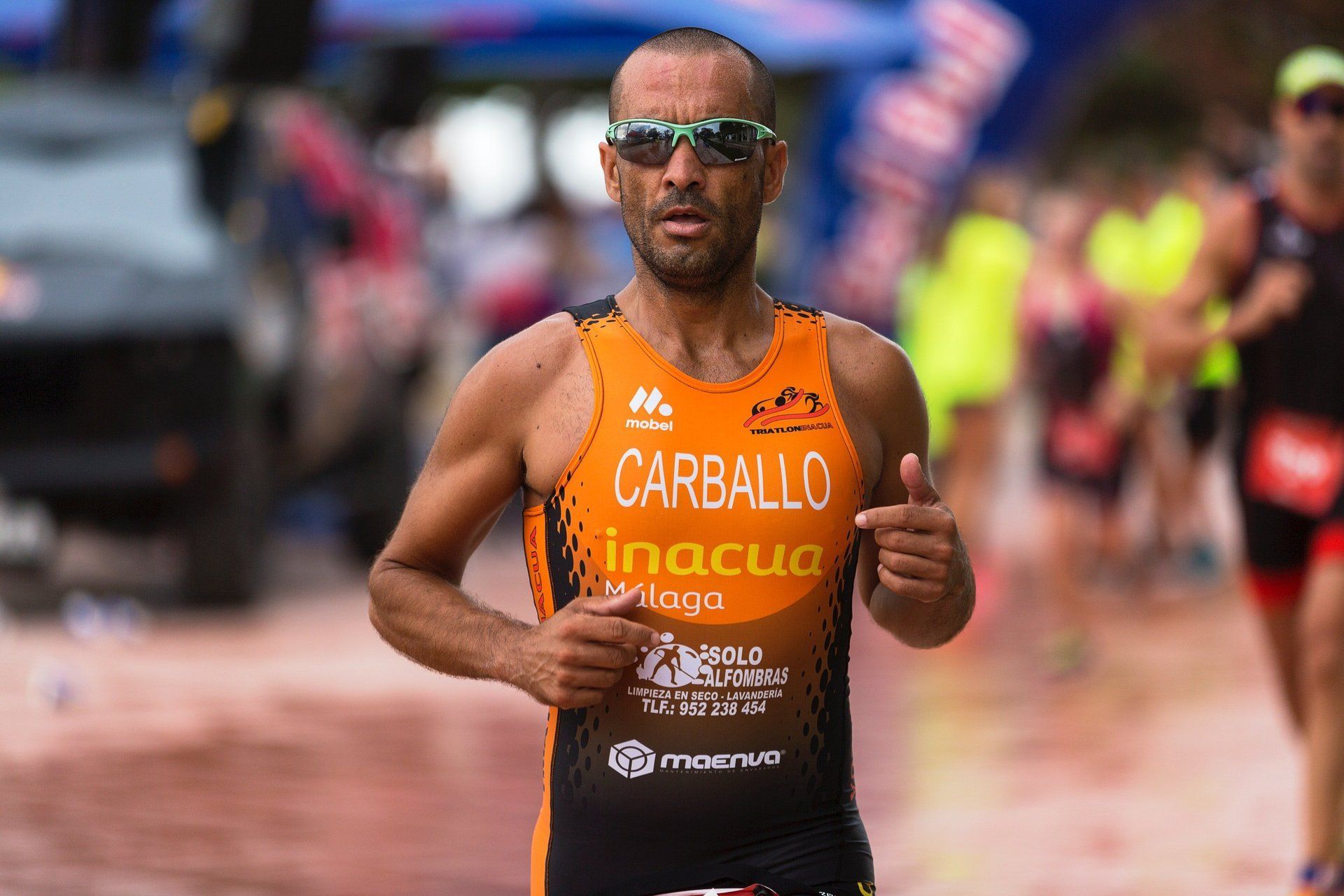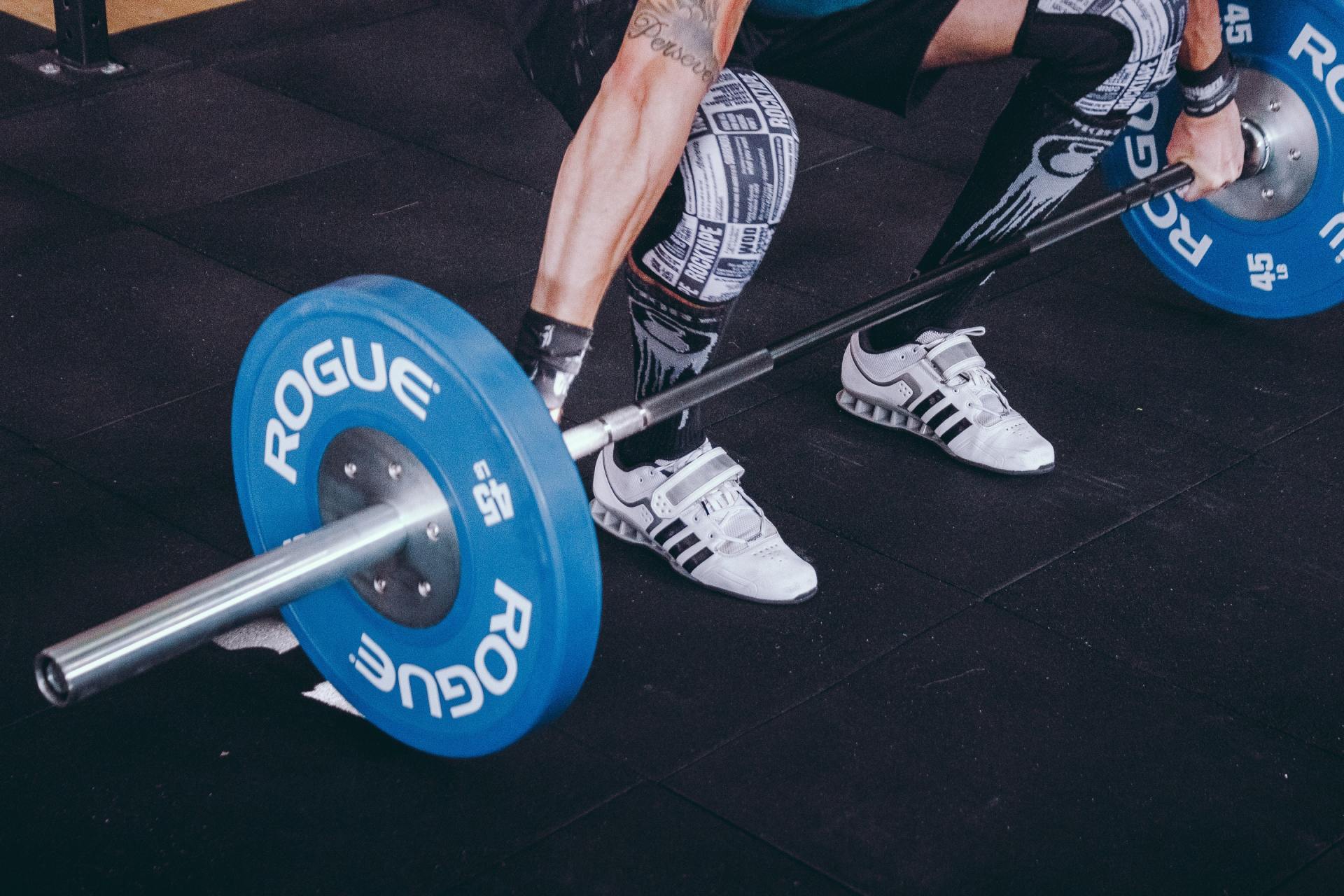Getting DNA Fitter
Gaining the complete package to your healthier lifestyle
For those people who know me will tell you I am the most skeptical person out there when it comes to new products and fad diets to aid fitness training and weight management. I go to lots of trade fairs and seminars and see lots of new products, most of the time I have made my mind up within 20 seconds. Science has to prove it works for me to believe in something, it’s the way I run my business as a sports therapist and the way I train myself.
I first saw the DNA fitness tests in 2013 at a trade show; it was not something I was interested in at the time so I walked on by. However, after seeing these tests repeatedly pop up on trade and fitness magazines I started to take more of an interest.
Over the years I’ve personally battled with injuries from playing sport and had to deal with my own weight issues while being off sport recovering from injury. It’s what got me in to my now profession as a sports therapist; I help many athletes recover, prepare and condition their bodies ready for their events.
As a sports person you are always looking for that extra legal edge, that extra bit that will gain you a few seconds off your personal best or just be able to train and diet better for a healthier lifestyle. So I felt that taking the DNA Diet Fitness Pro test was really worthwhile.
The reports included an abundance of manageable and easily understandable information about my DNA and also provided focused and implementable advice, which wasn’t just based on eating less and exercising more. I was particularly impressed with the strength of the connections DNAFit made between my genetics and the practical implications the results might have in terms of my diet and fitness.
I would recommend this test to anyone interested in improving their health and fitness, regardless of whether you’re a complete beginner or training for a marathon.
Full Review
Product Expectations
Things that I might find out about with a test from DNAFit were made immediately clear. I was most interested in exploring how my DNA might impact my fitness and diet, so signed up for the full package, these no point in only knowing half the information about you.
There was also a whole page dedicated to explaining the
science behind the test. This was really comprehensive, including not only a
list of the genes analyzed in the test, but information about each gene, how
they chose which to include and how they came to conclusions about the
different variants of each gene. There was even a sample selection of some of
the scientific journal articles that were used to develop the test. It was also
made clear that genetics don’t define everything about us, and that
environmental factors play just as an important role in our fitness.
Results section: Infographic Report
I correctly assumed that the Infographic Report would provide me with an overview of my results, so chose to look at that first. This report consisted of one page that summarized both my fitness and diet reports, though the latter took up the majority of the page.A section of my Infographic Report.
The page was bright and included colourful diagrams corresponding to each of my results. This made it really easy to quickly look at all of the results, and gave me an idea of what my strengths and weaknesses were before reading about them in more detail in the other reports. Among many other things, I found out that I had a high sensitivity to carbohydrates. I was intrigued and wanted to find out more about what this might mean practically, so moved on to the Diet Report.
Diet Report
There were 12 results in total: ‘ Carbohydrate Sensitivity ’, ‘ Saturated Fat Sensitivity ’, ‘ Detoxification Ability ’, ‘ Anti-Oxidant Need ’, ‘ Omega-3 Need ’, ‘ Vitamin B Requirements ’, ‘ Vitamin D Requirements ’, ‘ Salt Sensitivity ’, ‘ Alcohol Response ’, ‘ Caffeine Sensitivity ’, ‘ Lactose Intolerance ’ and ‘ Coeliac Predisposition ’. Each section was quite long, and full of useful information.
The summary of my Diet Report results.
I thought this was a great feature, giving me an idea of which results to pay particular attention to. I liked that it was more focused than the Infographic Report but was still brief enough to allow me to quickly assess. There were some, such as ‘Lactose intolerant’ that had obvious consequences (If I drink milk I may get adverse effects), but others were less obvious (what does it mean to be a slow metaboliser of caffeine?), so I was interested to read more in the full report.
My Carbohydrate Sensitivity result.
This section provided more detail about my high sensitivity to carbohydrates in a way that made the information manageable, using a scale to show how I compared to others and a table to show each of the genes analyzed against my variants and the effects. This result also included personalised ‘Action Points’, for example suggesting I only consume 6% of my daily calories as refined carbohydrates. Beneath this was a thorough, but again not overwhelming, explanation of the different types of carbohydrates, and a page about what GI and GL were. Finally, there was a table with examples of carbohydrates with their GI and GL values.
I was impressed with the extensive amount of information
provided, just for that one result, but was even more impressed that at no
point did it seem too complex or scientific that the average person couldn’t
understand.
Each result after this was similar – I found out that I needed to increase my intake of antioxidants to compensate for my reduced capacity to neutralize free radicals, and that I had an increased sensitivity to salt, so should cut my intake. Once I’d gone through all of the results I felt that I hadn’t just learnt about my own dietary needs, but had gained a lot of valuable information about nutrition in general
Results section: Fitness Report
After looking through my Diet Report, I moved on to finding out about how my DNA might affect various aspects of my fitness. The following four sections were used to present the results: ‘ Power/Endurance Profile ’, ‘Your Aerobic Potential (VO2 Max) ’, ‘ Recovery ’ and ‘ Injury Risk ’ and the main conclusions were summarized in my ‘DNA Overview’, shown below.
My fitness report ‘DNA Overview’.
I initially thought that the relatively small number of sections might mean the report wouldn’t provide much information, but found that as I went through it, each result covered many areas of fitness. Together, the sections provided plenty of information about my results, how to interpret them and advice on how to act upon them.
This report started in a similar way to the Diet Report, but
the results themselves were laid out slightly differently. The first result, my
‘Power/Endurance Profile’, was about how suited I was likely to be to power or
endurance activities when exercising.
I was initially disappointed to find out that I was more likely to respond well to endurance activities, as I enjoy weight training and high impact work. However, there was a note at the bottom of the page that explained that the results shouldn’t change my fitness goals but help me to train for them in a more efficient way. It made me realize that I’d done really well during my 100m sprinting days and power events when I was competing and that if I had incorporated more endurance activities into training I may have achieved more. I could have become faster .
The rest of the results went over other aspects of fitness, such as my likelihood of sustaining a soft tissue injury when doing sport and ways to recover quickest ; something I wish I’d know many years ago having suffer two ACL knee injuries, which in the end made me retire from my footballing career. I was particularly interested to read about and calculate my VO2 max score, which is used to assess how effectively my body uses oxygen during exercise.Summary
I felt that taking the DNA Diet Fitness Pro test was really worthwhile. The reports included an abundance of manageable and easily understandable information about my DNA and also provided focused and implementable advice, which wasn’t just based on eating less and exercising more. I was particularly impressed with the strength of the connections DNA made between my genetics and the practical implications the results might have in terms of my diet and fitness.
I was so impressed that I have now become a certified trainer for DNAFit , it’s a product I really believe in and only wish it was around during my peak sporting career. That’s not to say it doesn’t benefit me know, I still compete in cycling (just for fun) and want to get the best out of my training and diet; so testing my DNA had taken all the guess work out of my diet, recovery and training. Being a DNA trainer I am able to design the right training programs for my clients while also helping them keep on top of their diet and weight management.
Our full test might seem expensive at £300 for the our complete
Ultimate Fitness and Diet package, but it’s a one off purchase that can really help you
succeed in your sport, fitness and diet. Our package also comes with a 12 week Diet plan including all meals and shopping list of foods, we will get you started with your fitness with a 4 week online fitness workout based on your DNAFit report.
So in the long term it can pay for
itself by getting your training and diet right. Discover more about our DNA fitness Pro package here
Richard Watson
Sports Therapist



